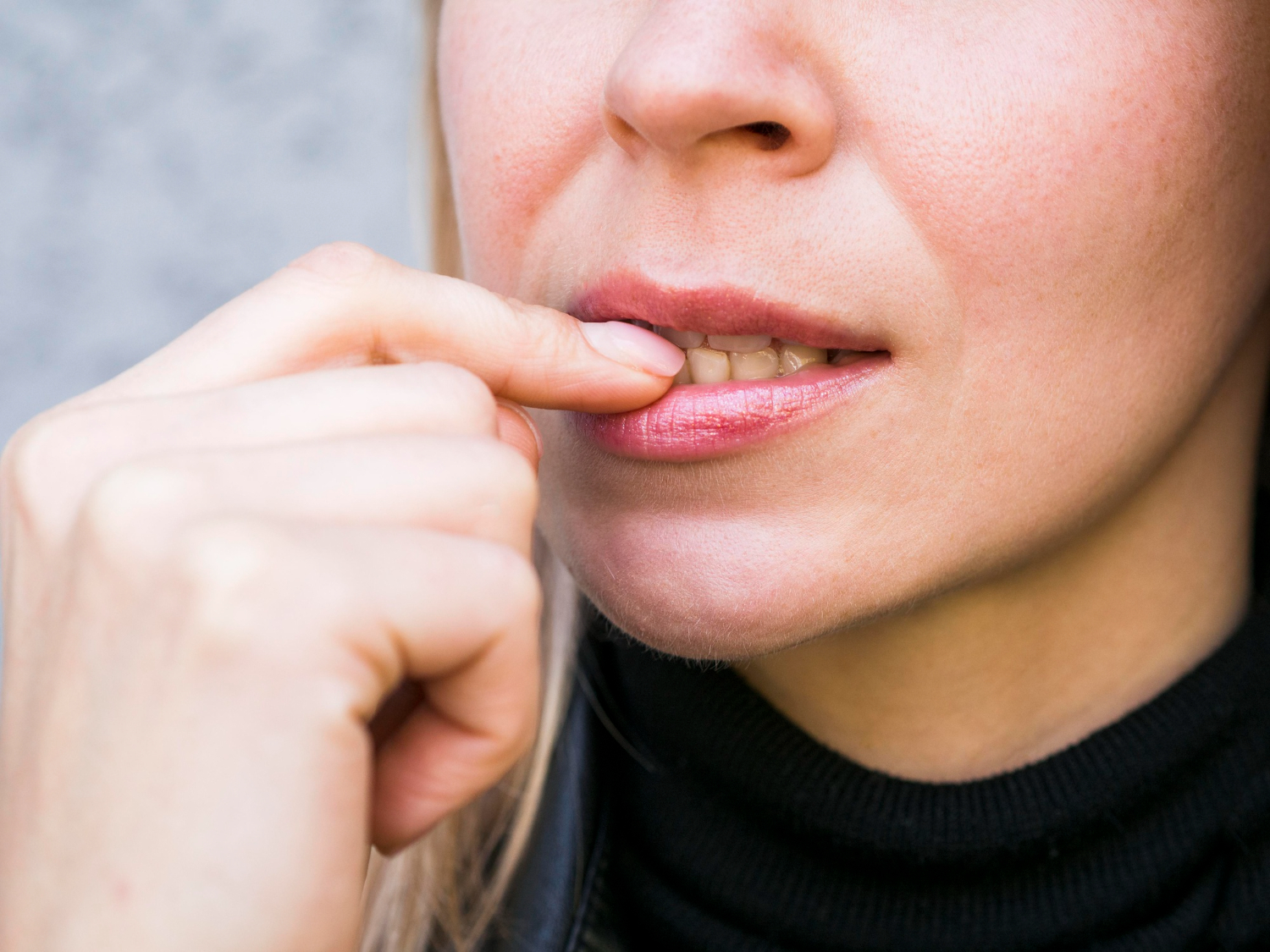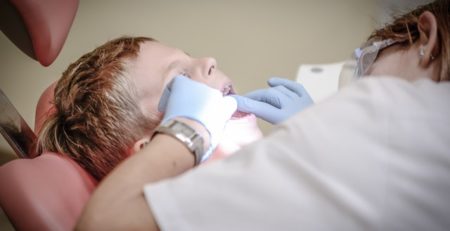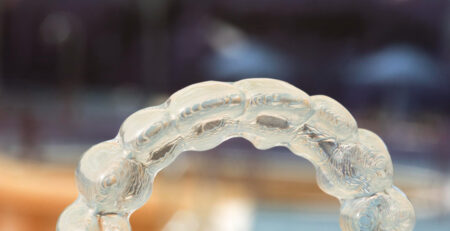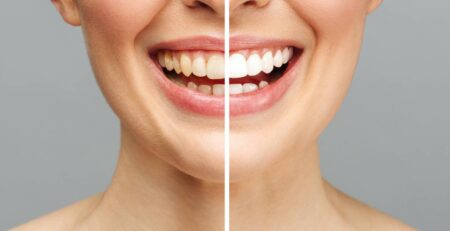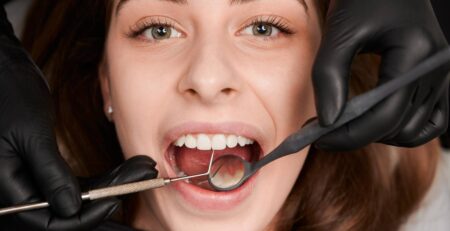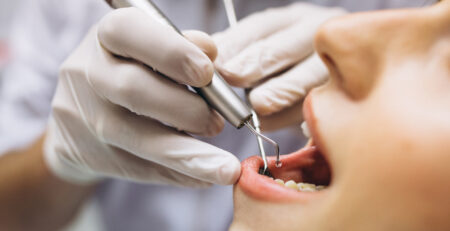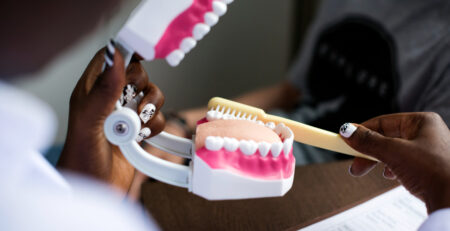Signs of Bruxism and How It Affects Your Oral Health
Bruxism, the medical term for teeth grinding or jaw clenching, is a common yet often unnoticed issue that can seriously affect your oral health. Many people aren’t aware of their bruxism until they experience physical discomfort or visible damage to their teeth. While it’s easy to brush off occasional jaw tension, chronic bruxism can lead to long-term problems. In this blog, we’ll delve into the various signs of bruxism and how this condition silently impacts your oral health. Understanding these symptoms early can help you take action and prevent serious damage to your teeth and jaw.
Jaw Muscle Hypertrophy from Chronic Clenching
Chronic clenching associated with bruxism can lead to noticeable muscle hypertrophy in the jaw area. The overuse of jaw muscles, particularly the masseter and temporalis muscles, causes them to enlarge over time. This results in a visibly squared jaw or a feeling of tightness when chewing or speaking. The hypertrophy can also cause discomfort and difficulty with simple jaw movements, making it harder to eat or talk without experiencing pain.
The enlarged muscles place additional pressure on the teeth and jaw, leading to further damage, such as tooth wear and potential alignment issues. Over time, this can also contribute to temporomandibular joint (TMJ) disorders, which can worsen the symptoms and lead to chronic pain. Regular jaw clenching exacerbates the problem, so identifying early signs of muscle hypertrophy is important for seeking treatment to prevent long-term damage.
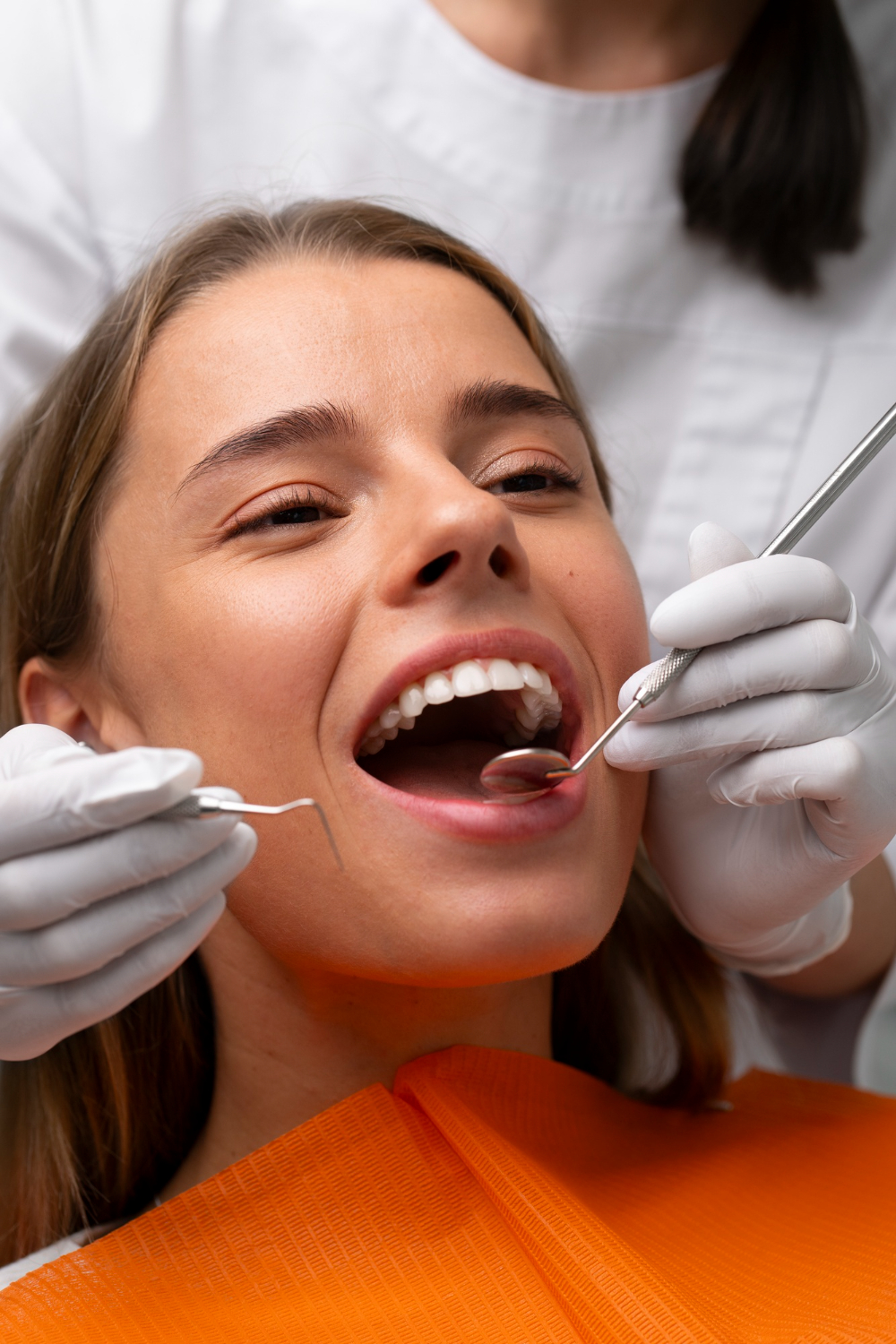
Development of Buccal Exostosis Due to Bruxism
Buccal exostosis, a condition characterized by the formation of bony growths on the outer surfaces of the upper and lower jawbones, can develop as a result of bruxism. These growths occur when the excessive pressure from grinding and clenching teeth causes the bone to respond by growing extra tissue. The pressure exerted by grinding can irritate the bone, leading to the formation of small, benign bony bumps near the molars or premolars.
While buccal exostosis itself may not cause immediate pain, the bony growths can make chewing or wearing certain dental appliances uncomfortable. In severe cases, the exostosis can interfere with the fit of dentures, crowns, or bridges, necessitating additional dental work to address the issue. Regular dental checkups are essential for detecting buccal exostosis early and managing the effects of this condition.
Increased Risk of Tooth Sensitivity and Decay
Tooth sensitivity is another common consequence of bruxism. When grinding or clenching your teeth, the constant pressure can wear down the enamel, leaving the underlying dentin exposed. This makes your teeth more sensitive to hot, cold, or sweet foods and drinks. Over time, the weakening of enamel due to grinding can also increase your risk of tooth decay, as the protective layer becomes thinner and less effective at guarding against bacteria.
Tooth sensitivity and decay resulting from bruxism may not always be immediately noticeable. In some cases, patients only recognize the issue once the enamel has been significantly worn down. Regular dental visits are key to catching these problems early and implementing preventative measures like nightguards, which can protect the enamel from excessive wear and tear caused by grinding.
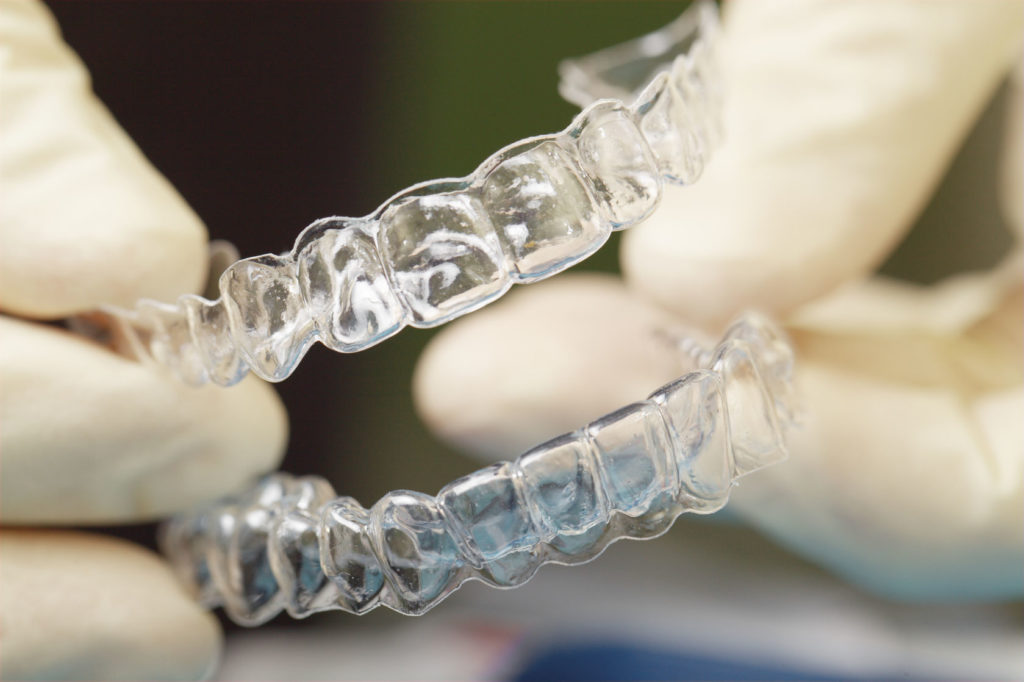
Potential for Temporomandibular Joint Disorders
One of the most serious complications of bruxism is the development of temporomandibular joint (TMJ) disorders. The TMJ connects your jawbone to your skull, and constant clenching and grinding can put immense strain on this joint. Over time, this can lead to inflammation, pain, and limited jaw movement. People with TMJ disorders often experience symptoms like difficulty opening their mouth, clicking or popping sounds when moving the jaw, and persistent jaw pain.
Untreated TMJ disorders can have a significant impact on daily activities, making it difficult to speak, eat, or even smile without discomfort. In some cases, the pressure on the TMJ can even lead to chronic headaches or neck pain. Early intervention and treatment can help alleviate the symptoms and prevent the condition from worsening, allowing you to enjoy better jaw function and less pain.
Damage to Dental Restorations from Grinding
For those with dental restorations such as crowns, bridges, or fillings, bruxism can cause significant damage over time. The intense pressure from grinding can crack, chip, or loosen these restorations, leading to the need for costly repairs or replacements. Even high-quality restorations can wear down due to the repeated stress from grinding, which can cause the tooth underneath to become exposed to decay.
The impact of bruxism on dental work can be avoided with protective measures like wearing a nightguard during sleep. This simple device can absorb the force from grinding and prevent damage to restorations, helping to maintain the integrity of your dental treatments and avoid unnecessary expenses.
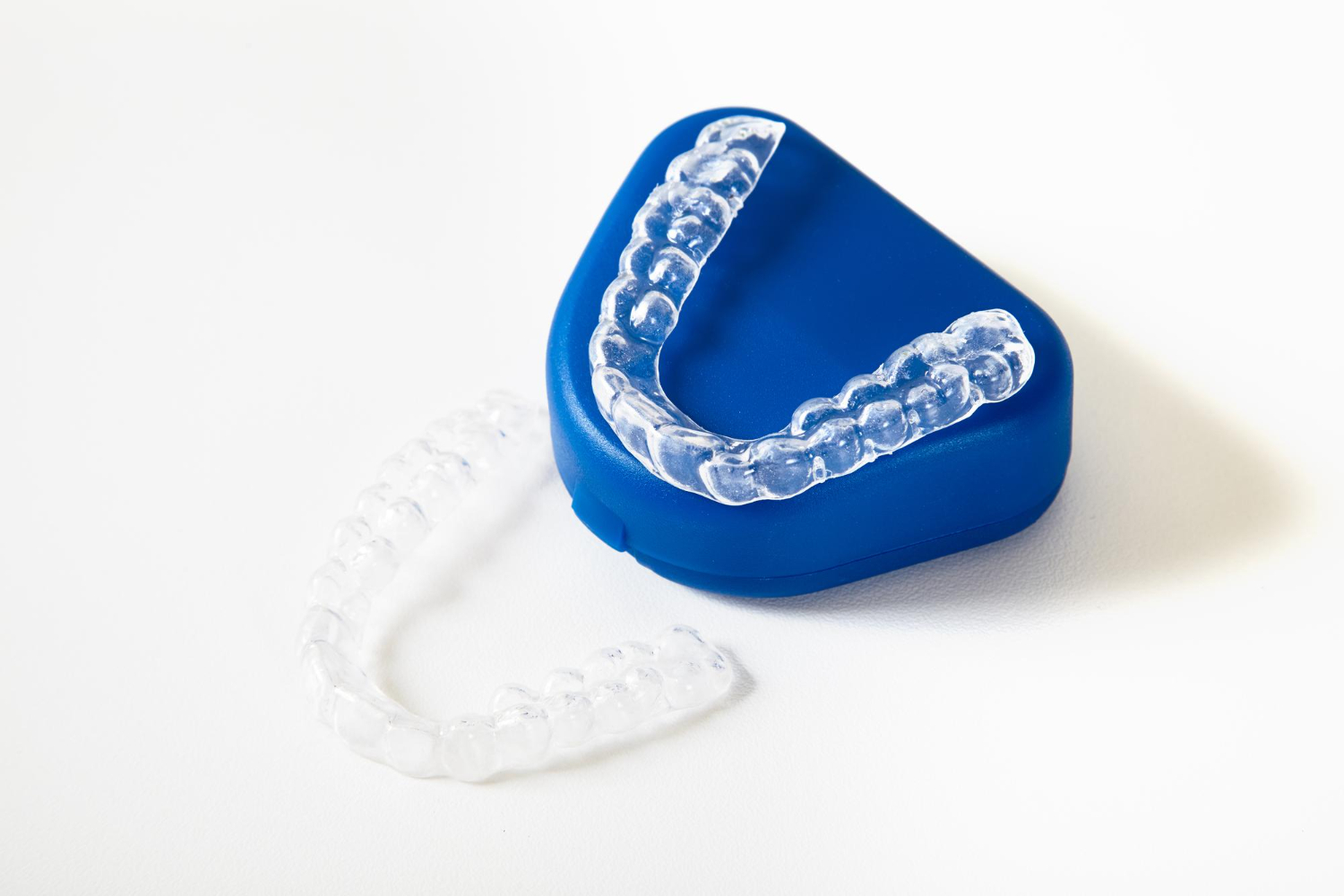
Earaches Linked to Jaw Tension
Earaches are another lesser-known symptom of bruxism. While the ear pain may not always come from an infection, it is often linked to the tension in the jaw caused by grinding and clenching. The muscles around the jaw and the temporomandibular joint are closely connected to the ear, and when they become inflamed from bruxism, it can trigger pain in the ear area. This type of earache is typically dull and throbbing, often mistaken for a regular ear infection.
If you experience ear pain without an obvious cause, it may be related to bruxism. Addressing the underlying jaw tension with the help of a dental professional can help reduce or eliminate these earaches, improving your overall comfort and quality of life.
Disrupted Sleep Patterns Associated with Bruxism
Bruxism doesn’t just affect your oral health—it can also have a significant impact on your sleep. Grinding or clenching your teeth during the night can disrupt your sleep cycle, preventing you from reaching deeper, restorative stages of sleep. The constant activity in the jaw can cause micro-arousals, waking you up frequently throughout the night. This leads to poor sleep quality and can result in daytime fatigue, irritability, and difficulty concentrating.
Chronic disrupted sleep due to bruxism can also contribute to other health issues, such as high blood pressure and weakened immune function. Addressing bruxism early on can help restore your sleep quality, allowing you to wake up feeling rested and ready to take on the day.
Experience Lasting Relief from Bruxism with Lumina Dental’s Expert Botox Treatments
If you’re struggling with bruxism—characterized by unconscious teeth grinding or jaw clenching—you’re not alone. This condition can lead to various symptoms, including jaw pain, headaches, and tooth damage. At Lumina Dental, we offer innovative solutions to help alleviate these issues and restore your comfort.
At Lumina Dental, we offer comprehensive solutions to help you manage bruxism and protect your oral health. From custom nightguards to advanced treatments for TMJ disorders. Our Botox treatments are specifically designed to target the overactive jaw muscles responsible for bruxism. By injecting Botox into the masseter and temporalis muscles, we can reduce muscle activity, leading to decreased grinding and clenching. This approach not only provides relief from pain but also helps prevent further dental damage.
Contact Lumina Dental today to schedule a consultation and discover how our Botox treatments can help you achieve lasting relief and improve your quality of life.

